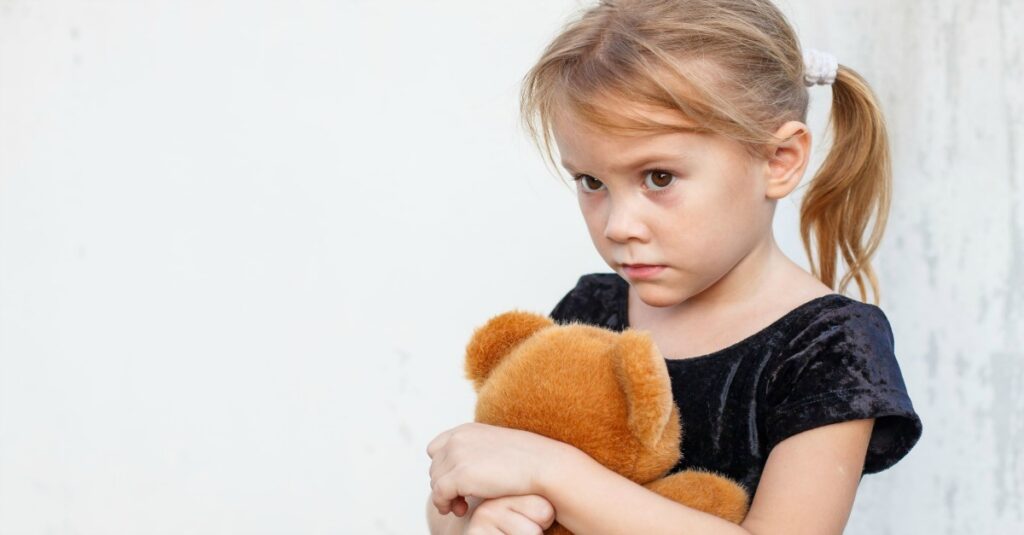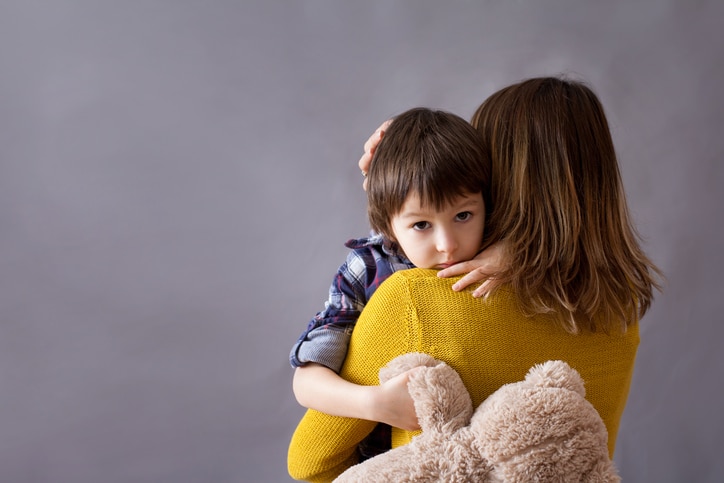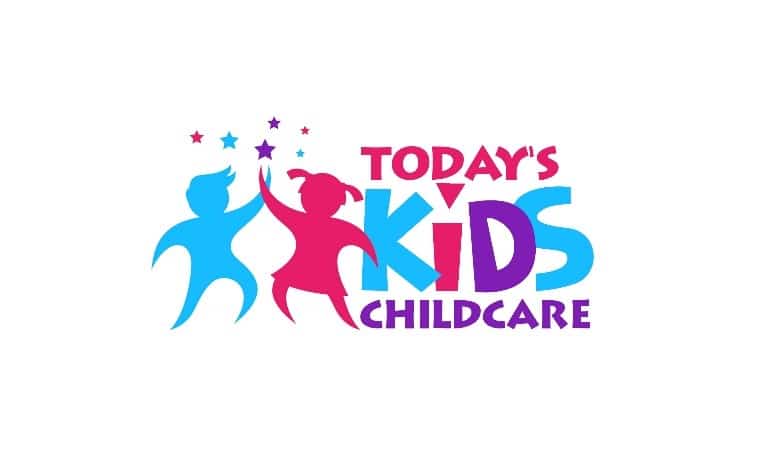The transition to childcare can be a significant milestone for both parents and young children. While it offers valuable opportunities for socialization and learning, it can also trigger anxiety for the child. As a parent, understanding and addressing childcare-related anxiety is essential for your child’s well-being.
In this blog post, we’ll explore practical strategies to help your young child navigate and overcome anxiety associated with childcare.
Recognizing Childcare-Related Anxiety:
- Understand the Source: Begin by identifying the specific aspects of childcare that may be causing anxiety for your child. It could be separation anxiety, fear of the unknown, or concerns about being away from home.
- Observe Behavioral Cues: Pay attention to your child’s behavior. Signs of anxiety may include clinginess, tears, changes in sleep patterns, or physical complaints such as stomachaches. These cues can provide insights into their emotional state.

Strategies to Help Your Child Navigate Childcare-Related Anxiety:
- Gradual Introduction: Ease your child into the childcare environment by arranging gradual visits or orientations. Familiarizing them with the surroundings and introducing them to caregivers can help alleviate anxiety.
- Establish a Consistent Routine: Consistency provides a sense of security for young children. Establish a predictable routine for drop-offs and pickups, as well as daily activities within the childcare setting. Knowing what to expect can reduce anxiety.
- Create a Comfort Object: Provide your child with a comfort object, such as a favorite toy or a small item from home. Having a familiar item can serve as a source of comfort and reassurance during times of anxiety.
- Encourage Open Communication: Foster open communication with your child about their feelings. Create a safe space for them to express their concerns, and listen attentively. Validate their emotions and provide reassurance that you understand.
- Build a Positive Connection with Caregivers: Develop a positive relationship with your child’s caregivers. Communicate regularly with them, share relevant information about your child’s preferences and routines, and work together to create a supportive environment.
- Practice Short Separations: Gradually increase the duration of separations in a controlled and supportive manner. Begin with short periods and gradually extend the time as your child becomes more accustomed to the childcare setting.
- Celebrate Small Achievements: Acknowledge and celebrate your child’s achievements at childcare. Whether it’s making a new friend or completing a craft project, highlighting positive experiences reinforces the idea that childcare can be a fun and rewarding place.
- Establish Goodbye Rituals: Create a special goodbye routine that you consistently follow during drop-offs. This could be a special phrase, a hug, or a high-five. Rituals provide a sense of closure and predictability for your child.
- Stay Calm and Positive: Children often mirror the emotions of their parents. Stay calm and positive during drop-offs, even if your child is upset. Projecting confidence can help reassure your child that the childcare environment is a safe and enjoyable place.
- Involve Your Child in Preparing for Childcare: Involve your child in the preparation process. Allow them to choose a special backpack or lunchbox for childcare. This involvement empowers them and fosters a sense of control over the situation.

Seeking Professional Support:
- Consult with Caregivers and Teachers: Maintain open communication with childcare providers and teachers. They are experienced in helping children navigate the transition, and collaborating with them can provide additional insights and support.
- Consider Professional Counseling: If your child’s anxiety persists, consider seeking professional counseling or guidance. A child psychologist or counselor can work with you and your child to address underlying concerns and develop coping strategies.
Helping your young child navigate childcare-related anxiety requires patience, understanding, and a proactive approach. By implementing these strategies and maintaining open communication, you can support your child in building confidence and resilience.
Remember, every child is unique, so tailor your approach to meet your child’s individual needs, and celebrate the small victories along the way. Together, you and your child can create a positive and enriching childcare experience.
